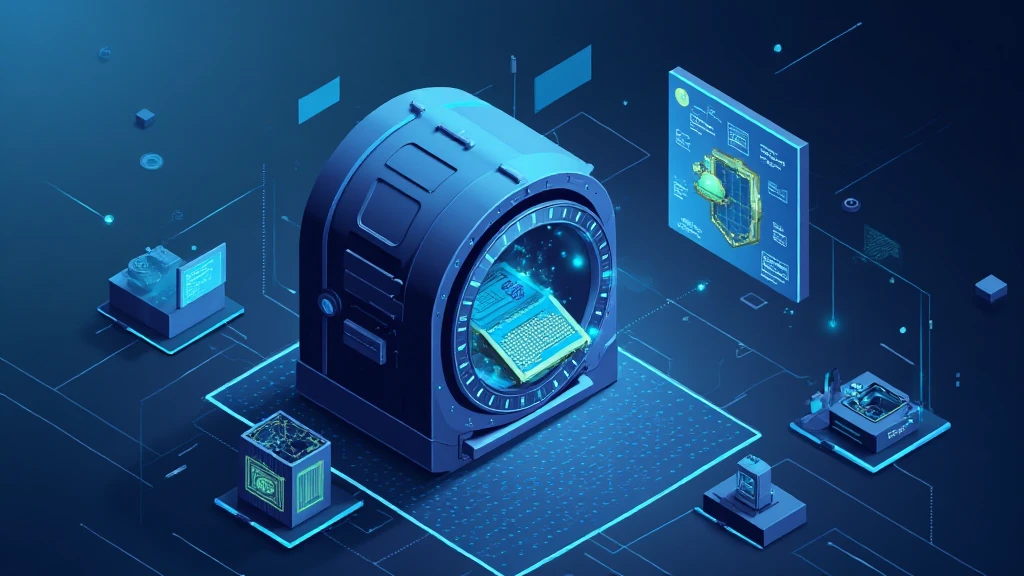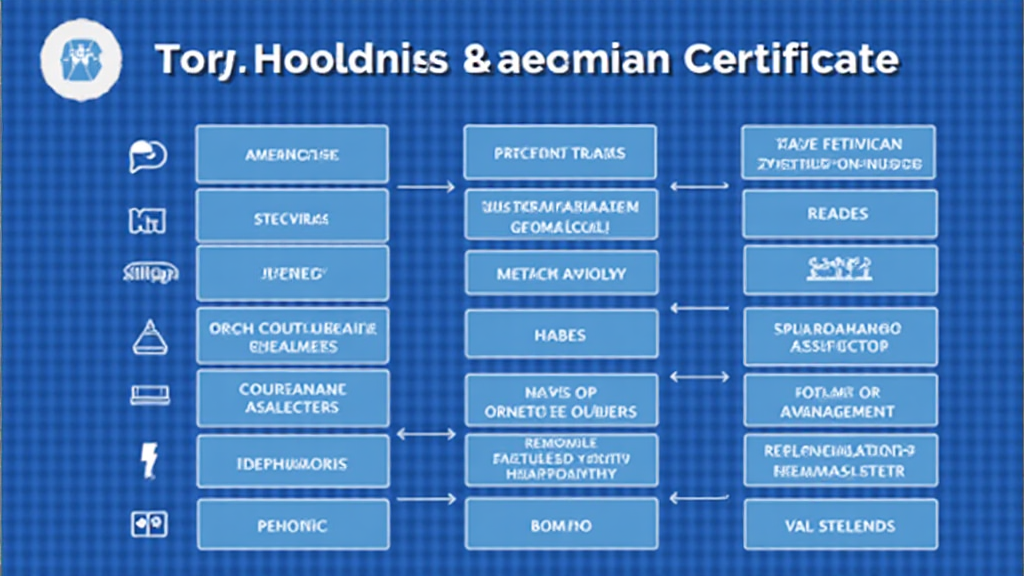Bitcoin Payment Security Protocols: Navigating Safety in Cryptocurrency Transactions
With a staggering $4.1 billion lost to DeFi hacks in 2024, the security of Bitcoin transactions has never been more crucial. As more users flock to cryptocurrencies, understanding the security protocols around Bitcoin payments becomes essential to protect against vulnerabilities. This article details the various security measures and protocols necessary for both individuals and businesses engaging in Bitcoin transactions.
Understanding Bitcoin Payment Security
Bitcoin operates using a decentralized model that provides benefits but also poses certain risks. To manage these risks, cryptocurrency platforms have implemented essential Bitcoin payment security protocols. Here’s what you need to know:
- Cryptography: Bitcoin relies on cryptographic techniques to secure transactions. Public key cryptography ensures that only the holder of the private key can authorize payment, thus adding a layer of protection.
- Two-Factor Authentication (2FA): Integrating 2FA significantly reduces the chances of unauthorized access to user accounts.
- Cold Wallets: Storing Bitcoin in cold wallets (offline storage) is recommended to reduce exposure to online attacks.
Key Security Protocols
Here’s an overview of the main security protocols related to Bitcoin payments:

1. Segregated Witness (SegWit)
SegWit is a protocol upgrade that changes how transaction data is stored on the blockchain. By separating signature data from the transaction message, it improves scalability and security, thereby making transactions less prone to fraud. Moreover, it helps in reducing transaction fees, aiding in more efficient Bitcoin payment systems.
2. Payment Channel Networks
Payment channels allow transactions to occur off-chain, reducing the load on the main blockchain. This method enhances privacy and speeds up transactions while reducing the cost. For example, the Lightning Network facilitates near-instant Bitcoin transactions, minimizing the risk of interception.
3. Cryptographic Hash Functions
Bitcoin uses SHA-256 hashing algorithms to ensure that transactions are irreversible and secure. When a transaction is hashed, it produces a unique fingerprint which cannot be altered without detection, adding an extra layer of security.
Common Vulnerabilities in Bitcoin Payments
Despite the strong security protocols in place, vulnerabilities still exist. Here are a few common problems:
- Phishing Attacks: Scammers often use deceptive emails or websites to harvest user credentials.
- 51% Attacks: If a malicious actor controls over 50% of the network’s hashing power, they could manipulate transactions.
- Smart Contract Vulnerabilities: Bugs in smart contracts can lead to significant financial losses if exploited.
Importance of Regular Audits
Conducting regular audits of security protocols and systems in place is not only beneficial but essential for preventing breaches. For instance, smart contracts should be audited regularly. A recent study conducted in Vietnam highlighted that in 2023, 76% of cryptocurrency startups experienced security breaches due to poorly audited smart contracts.
Security Practices for Businesses and Institutions
For businesses, creating a secure Bitcoin payment system involves implementing robust practices:
- Implementing Multi-Sig Wallets: Multi-signature wallets offer an additional layer of protection by requiring multiple private keys to authorize a transaction.
- Employee Training: Regular training on security best practices can help employees recognize and prevent potential security threats.
- Update Security Protocols: Regularly updating software and security protocols ensures that businesses stay ahead of potential vulnerabilities.
The Vietnamese Market: Growth and Security Trends
The Vietnamese cryptocurrency market has seen incredible growth, with a user growth rate reaching 55% in 2023. As more users adapt to digital currencies, understanding the importance of security protocols becomes paramount. Vietnamese companies must take steps to secure Bitcoin payments while educating consumers on potential risks.
Future of Bitcoin Payment Security
As the cryptocurrency landscape evolves, so does the need for comprehensive security measures. With the rise of decentralized finance and increasing investment in blockchain technology, security protocols must adapt to the changing environment.
Conclusion
Understanding and implementing Bitcoin payment security protocols is crucial for anyone operating in the cryptocurrency space. By focusing on strong cryptographic techniques and adopting robust practices, individuals and businesses can better protect themselves against the ever-evolving landscape of online threats. Staying informed about the latest security measures and trends will ensure the integrity of your Bitcoin transactions.
Explore more about security in cryptocurrency at hibt.com.
In conclusion, the future of Bitcoin payment security hinges on continuous improvement and vigilance. Let’s work together to ensure a safe and secure crypto ecosystem for all.
Author: Dr. Alexander Tan, a blockchain security expert with over 15 published papers in digital asset security and leads multiple smart contract audits for well-known projects in the cryptocurrency space.





